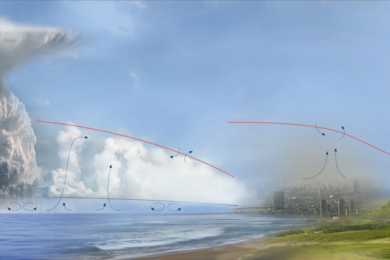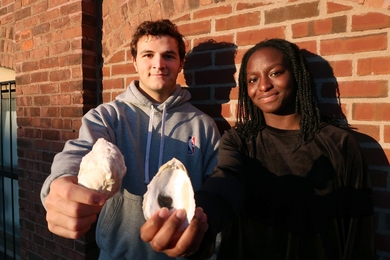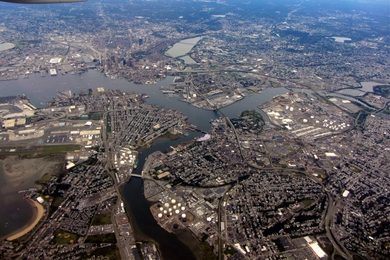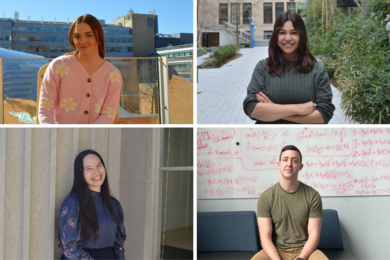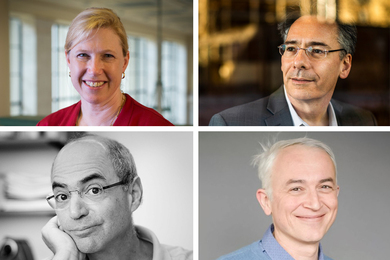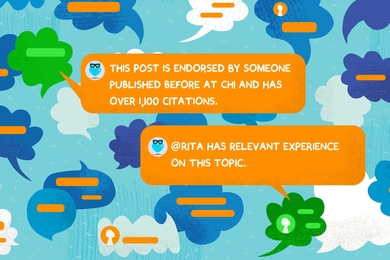Given sobering realities such as the economic downturn, persistent poverty in developing countries and declining support for aid to those countries, and increasing materials and energy consumption in the developed world, what are the prospects for sustainable development over the next several years?
This is one of the difficult questions that will be faced at the Alliance of Global Sustainability's (AGS) annual meeting March 21-23 in San Jose, Costa Rica.
In 1994, with support from Swiss philanthropist Stephan Schmidheiny, the presidents of MIT and two other leading technical universities created the AGS. The alliance focuses scientific and technical resources on better understanding threats and constraints to sustainable development, and develops means to overcome these constraints.
AGS's founding members--MIT, ETH-Z��rich and the University of Tokyo --hold annual meetings to promote a better scientific understanding of global environmental challenges.
With Chalmers University of Technology in Sweden, which joined the AGS in 2001 as a fourth partner, the institutions this year will look at "Building the Future: Leadership, Technology and Global Citizenship."
Participants and invited speakers include Nobel laureates Oscar Arias, a former Costa Rican president, and Institute Professor Mario Molina; Goran Lindahl, chairman of the AGS International Advisory Board; Jill Ker Conway, chair of Lend Lease, an Australian-based global real estate group, and a visiting professor in MIT's Science, Technology and Society Program; Eduardo Doryan, vice president of the World Bank; current Costa Rican President Miguel Angel Rodriguez; and MIT President Charles M. Vest.
In cooperation with the host institution, Instituto CentroAmericano de Administracion de Empresas (INCAE), this year's participants will examine the AGS research and education portfolio and consider ways in which the academic community, in partnership with industry, government and civil society, can help generate an agenda for the future, said Professor David Marks, MIT faculty coordinator for AGS and director of the MIT Laboratory for Energy and the Environment.
Through plenary sessions, panel discussions and workshops, meeting participants will explore questions such as: Does globalization have the same meaning it did before Sept. 11? What is the world likely to look like in 2025 if present trends persist? What is or can be technology's role in altering current trends? What are the responsibilities of academia, business and industry and civil society in meeting the challenge of global sustainability?
A version of this article appeared in MIT Tech Talk on March 20, 2002.
